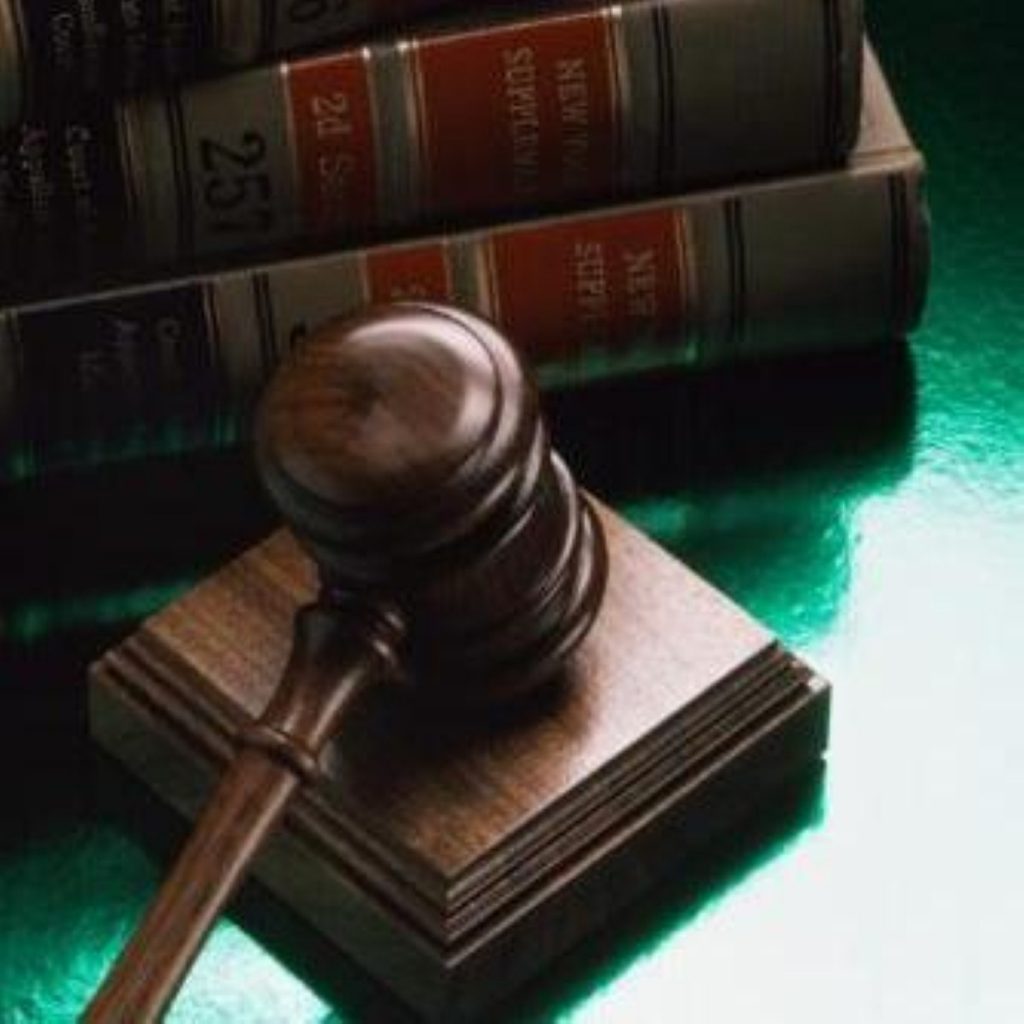Witness anonymity ‘could breach human rights’
By Blaine Williams
The government may potentially be violating the European Convention on Human Rights (ECHR) in a new bill which will allow witnesses the right to anonymity.
The new legislation, which is being debated today in parliament, will give witnesses the right to give evidence anonymously from the time they give a statement to the police, in cases the court feels is appropriate.
The law lords ruled the conviction of Londoner Iain Davis for a double murder in Hackney in 2002 was unlawful because of the crucial role of anonymous witnesses in his trial.


This prompted the government to introduce emergency legislation, which will now be made permanent in the coroners and justice bill.
The law lords made the ruling on the principle of common law; that the defendant has the right to see his accusers. Without it, cross-examination was likened to “taking blind shots at a hidden target”.
The Law Society says that this clause goes against the principles of the right to a fair trial and potentially leaves the door open to anonymity becoming routine.
The Law Society said: “It is a fundamental aspect of the right to a fair trial that the defendant in a criminal trial is able to challenge the evidence adduced against them. Knowledge of the witnesses’ identity is usually essential to enable an effective challenge.”
The bill appears to contravene the European Convention of Human Rights (ECHR).
The convention requires the defendant “to examine or have examined witnesses against him and to obtain the attendance and examination of witnesses on his behalf under the same conditions as witnesses against him”.
This has been condemned by Justice, a human-rights and law reform organisation, which believes it undermines the ECHR.
A spokesperson for Justice said: “We will be concerned to ensure during the passage of the Bill that proper safeguards will be in place to protect procedural rights under Articles 5 and 6 ECHR.
“Whether or not this goes against the ECHR is the issue, and we think provisionally that it does.”
A spokesman from the Ministry of Justice, speaking to politics.co.uk, said: “We are confident that this is within the ECHR.
“The courts must be satisfied that the defendant will receive a fair trial. The court will weigh up whether the evidence can be challenged adequately without the identification of the witnesses identity and also the trustworthiness of the witnesses.
“The court is required to warn the jury not to draw adverse inferences from the anonymity. The defence may, of course, still challenge the evidence of an anonymous witness through cross examination.”
The ECHR was criticised earlier this year by Jack Straw, justice secretary, when he described the convention as a “villains’ charter”.









